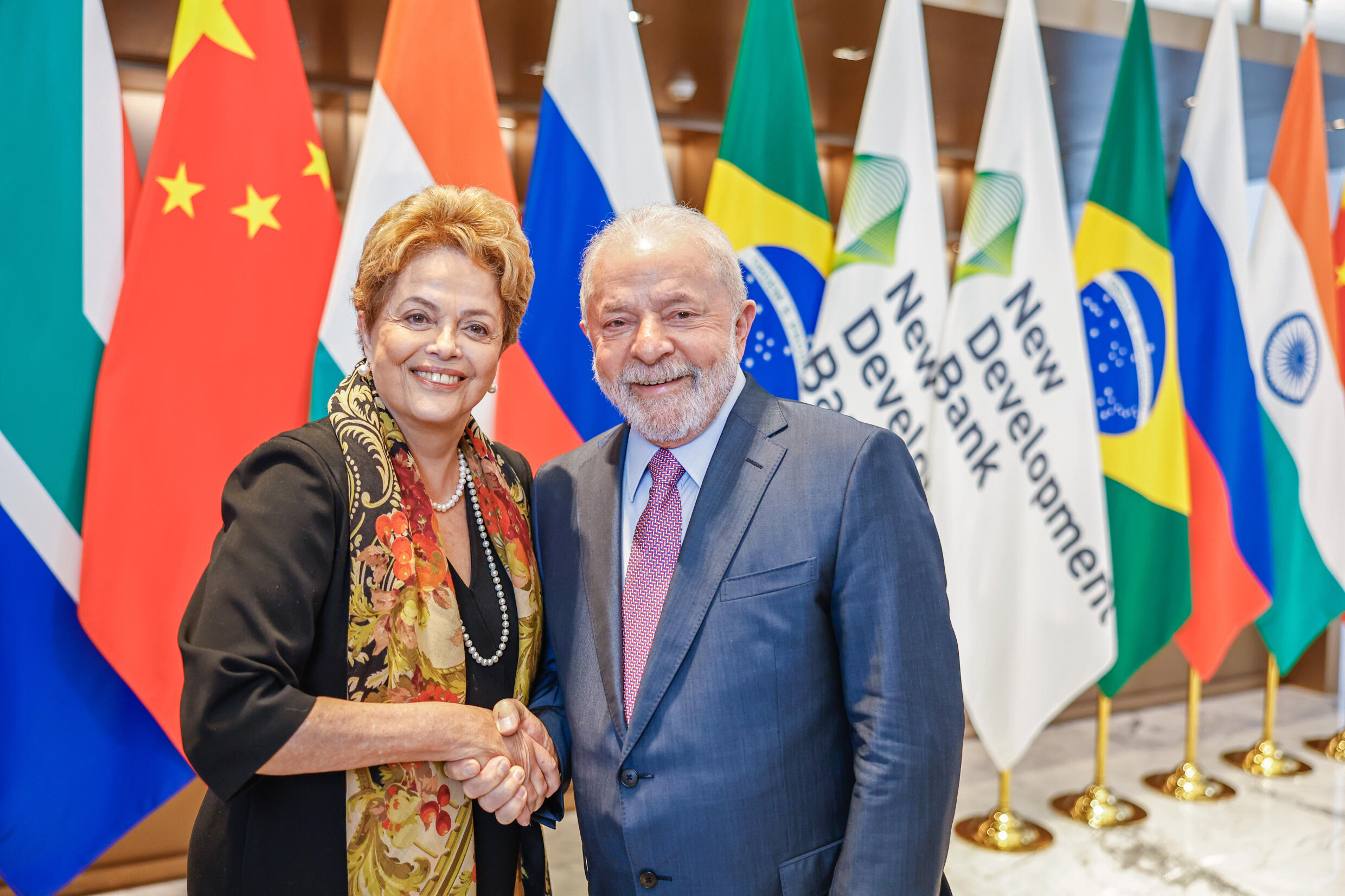First modification:
The visit of the Brazilian president, Luiz Inácio ‘Lula’ da Silva, to the Asian giant culminated this Friday with an official meeting with his Chinese counterpart, Xi Jinping, and other high-level officials in Beijing. ‘Lula’ was received with honors in the Great Palace of the People to develop the meeting that lasted approximately 50 minutes.
“We have common interests and China is going to give priority to our friendly relations. This is a relationship that will benefit both and China’s opening will bring opportunities for all,” the Chinese president declared to begin the meeting with ‘Lula’.
Among the topics on the agenda of the meeting of heads of state were climate change, economic relations between the two nations, the war in Ukraine and the creation of a multipolar world away from sanctions and unilateral decisions.
“We have an extraordinary relationship with China, a relationship that grows sharper and stronger every day,” said the Brazilian president during the meeting.
In addition, he added that “no one will prohibit Brazil from improving its relationship” with the Asian giant.
‘Lula’ and Xi also agreed that, negotiation and dialogue is “the only viable way” to achieve peace in the war in Ukraine.
Besides, they joined in calling on other countries to play a constructive role in promoting a political settlement between Ukraine and Russia.
In a joint statement after their meeting, both presidents reaffirmed their countries’ commitment to protecting the environment and urged the most developed nations to respect the environmental agreements included in current international treaties.

Lula’s tour to Chinese territory ends after two days in which the president visited Shanghai and Beijing. The president is scheduled to visit the United Arab Emirates after his day in China.
YoDilma Rousseff investiture as president of the New Development Bank
On his first day of visit, Lula attended the inauguration ceremony of the new president of the financial body created by Brazil, Russia, China, India and South Africa, collectively known as BRICS.
The former Brazilian president, Dilma Rousseff, was chosen to preside over the New Development Bank (NBD). An institution originated by the BRICS initiative as an alternative to Western international financial mechanisms.
During the ceremony, the president praised the potential of the mechanism and declared, referring to the NDB, that: “It frees emerging countries from submission to traditional financial institutions, which want to rule us.” In addition, he criticized the use of the dollar as a global currency, appealing to the increase in the use of national currencies.

“We need a currency that gives countries more peace of mind, because today a country needs to run after the dollar to be able to export, when it could export in its own currency,” were the words used by the president to launch his criticism of the system of global transactions today.
The visit of the Brazilian president to China represents a break in the foreign policy doctrine that Brazil had during the presidential term of Jair Bolsonaro. A stage in which diplomatic relations between the two countries became complicated and Chinese investments in the South American country fell.
With Reuters and EFE




![[Img #74675]](https://thelatestnews.world/wp-content/uploads/2024/12/They-discover-a-new-class-of-X-ray-sources-in-the-150x150.jpg)






